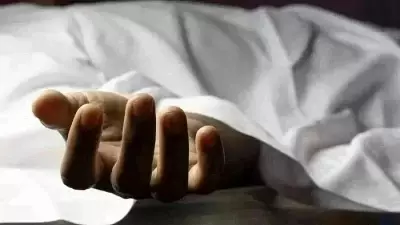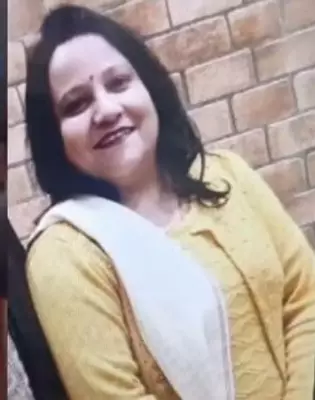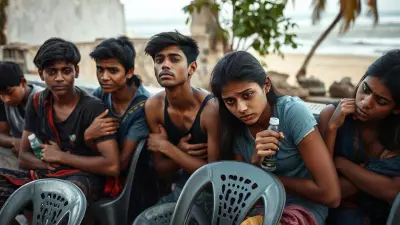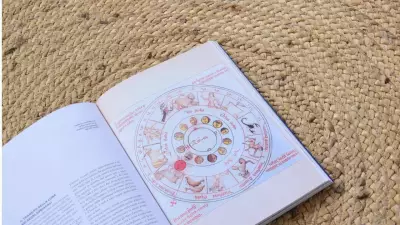
Tribal Woman's High-Risk Pregnancy Ends With Premature Triplets
A 25-year-old tribal woman from Odisha's Gajapati district gave birth to premature triplets under challenging circumstances on Sunday. The high-risk pregnancy resulted in the delivery of three babies approximately two months before the expected due date of January 4, 2026.
Dramatic Delivery Across Multiple Locations
The woman's delivery experience was particularly traumatic, occurring across different locations due to transportation challenges. According to hospital supervisor Ratnakar Patra, the first baby, a daughter weighing 1.5 kg, was delivered at the family's home in Birnda village after the 108 ambulance service failed to reach their remote location in time.
The second delivery occurred at the entrance of the Birikote Community Health Center, where the woman gave birth to another daughter weighing 1.2 kg. The third child, a male baby weighing approximately 1 kg, was delivered inside the hospital but was unfortunately stillborn.
Medical Response and Referral
Dr. Jay Kumar Panda from the Birikote Community Health Center confirmed that the entire delivery process spanned 45 minutes. The combined birth weight of the triplets was 3.7 kg, with the two surviving infants considered very low birth weight babies.
Given the critical condition of the newborns, medical authorities made the decision to refer the mother and her two surviving daughters to the better-equipped MKCG Medical College and Hospital in Berhampur on Monday. Despite the ordeal, doctors reported that the mother's condition remained stable.
Family Circumstances and Community Support
The family's socioeconomic situation added another layer of challenge to this medical emergency. The woman's husband works as a daily-wage laborer, placing the family in significant financial hardship.
This was the woman's third pregnancy, and she already has two other daughters aged five and three years. Recognizing the family's poverty, compassionate hospital staff at Birikote contributed money from their own pockets to help cover emergency expenses during the transfer to the medical college.
The case highlights both the vulnerabilities faced by tribal communities in accessing timely healthcare and the dedication of medical professionals working in challenging rural conditions.





